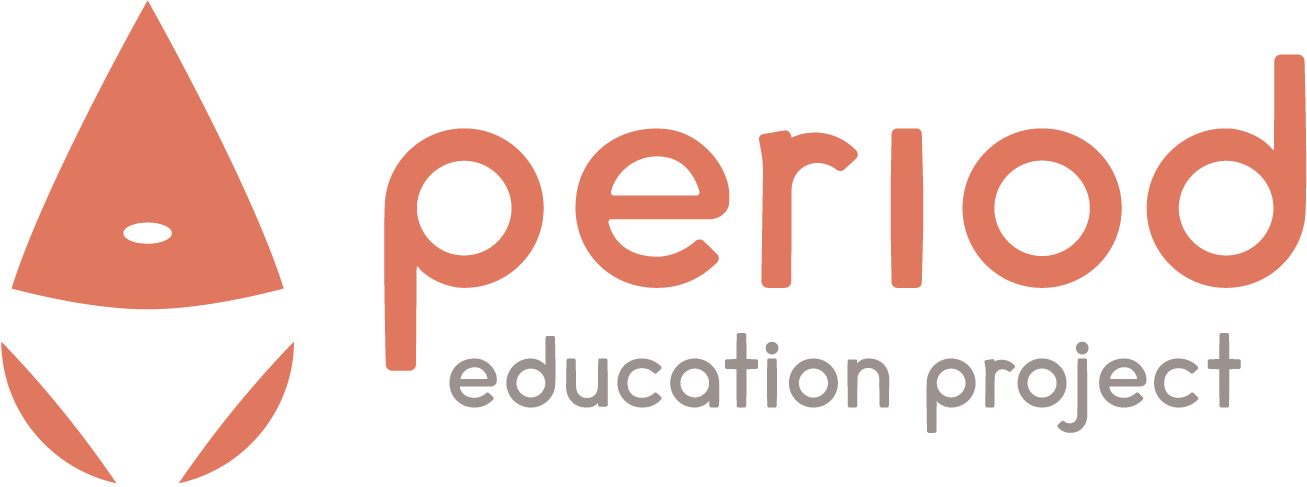Get to Know The Period Education Project
Our Mission
Period Education Project equips future physicians through education and hands-on experience leading menstrual health workshops, to initiate informed, judgment-free discussions about menstrual health, empowering women and girls with medically accurate information to better understand their bodies and advocate for their health through every stage of life.
“Improving women’s health starts with improving young women’s health first.”
– Dr. Melisa Holmes, OBGYN, FACOG, Period Education Project Co-Founder


HEALTH EDUCATION
It’s more than understanding what a period is.
The Period Education Project is a 501(c)(3) physician-led organization that works to improve access to menstrual health education. When youth understand menstrual health, they are prepared to advocate for their own health and recognize troubling health conditions, leading to earlier treatment and better outcomes. Providing young people with this essential health care education can have a lasting impact on improving girls’ and women’s health.
– Dr. Trish Hutchison, FAAP, Period Education Project Co-Founder and Executive Director
Meet the physicians leading the movement to improve menstrual health education.
Knowledgable youth become healthier adults.
Normalize menstruation which lessens taboos and stigma
Grow up with less anxiety about their bodies and their health
Gain insight into what’s normal and what needs medical attention
Become better advocates for their health

Put your trust in us!
Period education project
Medically-accurate content that is rooted in science

Created by nationally recognized physicians

Supported by medical schools nationwide

Laser-focused menstrual health education outside the context of puberty and sex ed

Workshops facilitated by trained medical students from diverse backgrounds

Partner with youth serving community organizations to provide vital education rarely taught in schools
Take away the taboo.
Half of the world’s population menstruates, yet periods remain a topic cloaked in taboo and stigma. This affects girls’ and women’s confidence, awareness, and their willingness to explore healthy solutions.
Why do young people need menstrual health education?
by the numbers
%
of women admit to feeling ashamed when they menstruate
%
of women confess to hiding a sanitary product on their way to the bathroom
%
of girls experience menstrual related physical symptoms

girls in the U.S. miss school because they don’t have period protection

The small number of states requiring medically accurate reproductive health education

the average number of YEARS a woman has symptoms before being diagnosed with endometriosis

of low income women and girls do not have access to adequate period products























